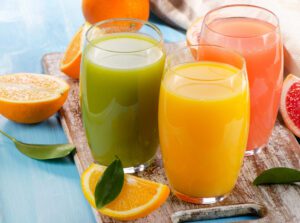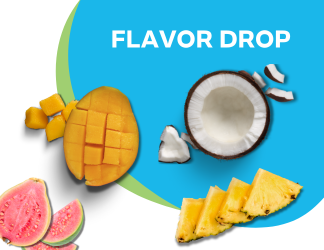
Retailers could capitalize on a strong organic and all-natural beverage market by offering store brand products with innovative flavors, textures, and ingredients.
Up until the 20th Century, agriculture and its byproducts were primarily “organic,” or free from synthetic pesticides and chemical fertilizers, in nature. During the 20th Century, however, a large supply of new chemical pesticides and fertilizers was presented to and accepted by farmers. Almost as soon as these chemicals were introduced, a small but vocal movement for organic farming began. Eventually, the term “organic” became regulated by the federal government to mean produce grown without the use of pesticides, synthetic fertilizers, sewage sludge or ionizing radiation. Regulations prohibit organically processed foods from containing artificial preservatives, colors, or flavors and require that their ingredients are organic. And no organic food can be grown or handled using genetically modified organisms.
Read more here.



